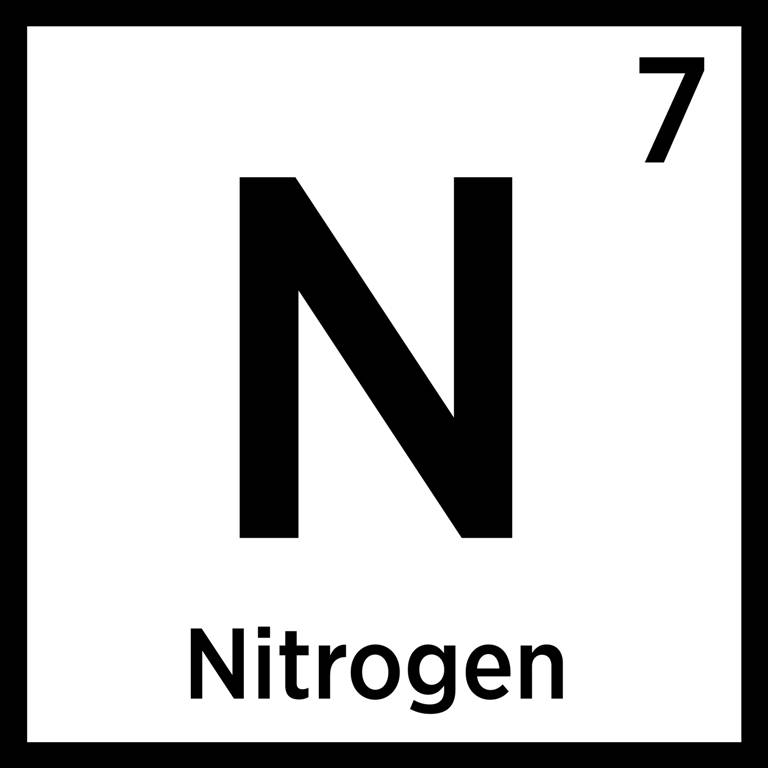In your previous trip to the service station, did the technician tell you to get nitrogen air in your tyres instead of regular dry air? For most, this is going to be a Yes. Nitrogen for tyres is like the next new thing in the tyre industry. You may have been told that nitrogen is a better choice, will aid in better handling, will increase your fuel economy and you need not check your tyres for six months after nitrogen inflation.
But, filling your tyres with nitrogen comes at a price, whereas regular dry air comes for free at the local fuel station or tyre shop. So what do we choose?
We break the myths of nitrogen vs. dry air for tyres and which one is better and why.
1. Difference between nitrogen and air
Air is 78 percent nitrogen, just under 21 percent oxygen and the rest is water vapour, CO2 and small concentrations of noble gases such as neon and argon. So basically the air in your tyres already comprises of nitrogen. When you are actually filling nitrogen in your tyres, you will be filling 90 – 95 percent of only nitrogen.
2. Tyre Retention
You are bound to lose pressure from your tyres, be it with nitrogen or with regular air. The differentiating point is that nitrogen loses air much slower than air does. Since nitrogen has larger molecules than oxygen, it won’t be seeping through the tyre as easily as air, maintaining a more stable pressure for a longer period. However, you will have to get your tyre pressure checked at least monthly even with nitrogen filled.
On a 30 PSI setting, a nitrogen filled tyre would lose 2.2 PSI, less than that of an air filled tyre that would lose 3.5 PSI over the same period of time. The point is you are bound to get a refill on a monthly basis to avoid under inflation.
3. Improves Fuel Economy
In order to achieve better fuel economy, you need to have the tyres inflated to the correct PSI at all times. With nitrogen you lose air slower than usual. This helps you to have tyres inflated at the correct PSI longer. However, you still will be losing air at a slower rate though and for optimum efficiency you will have to get it checked and filled up on a monthly basis.
So even though it does add to improved fuel bills. What you save on your fuel is around the same amount you will be putting for nitrogen in your tyres.
4. Prevents metal from deteriorating
Nitrogen was earlier used by racers because of their compatibility for high speed travel; because of the gas being inert its temperature is lower than normal air. This helped racers since, they were used to driving constantly at high speeds and the colder air would leave little room for expansion. Also, regular air contains a vapour in small amounts, which when condensed in colder temperature turns into water. Since aluminium and steel can be oxidised when in contact with water, they would deteriorate the life of the rim as well as the tyre. However, with nitrogen being completely dry there’s no water retention in the tyre, thus the metal will not corrode, also increasing the life of the rubber as well. Mostly today, most alloy wheels are covered in paint, and come with protective coating so that the water does not lead to corrosion.
5. Economies of Scale
Air is the most freely available form of resource on the planet. At a service station or a petrol pump, you will easily get condensed air to fill up your tyres as a complimentary service. Even if you consider a tip for the attendant, it will still barely cost you a minuscule amount compared to a nitrogen refill.
Another factor to be considered is availability. Nitrogen is not readily available as air. So if you want to top off your nitrogen filled tyre again, you will have to go back to your service station or to a specific centre for your refill. Not really handy is it. If you refill regular air, it won’t affect your tyre in any form. You will still have nitrogen, but it will lose its proficiency only marginally.
Conclusion
So the score sits at 3 – 1, with 3 points for air and 1 point for nitrogen. Even though we don’t deny that nitrogen is not a good thing, we don’t see it as a viable alternative to regular dry air, especially when you use your car for commuting. If you do want to do high speeds, nitrogen tyres will definitely give you that 5% of an edge compared to air. But it is not a forgetful feature. You still will have to get your tyres checked on a monthly basis and opt for a refill to maintain the efficiency figures.
Even though nitrogen will give you a small boost in economy and reduce tyre maintenance costs; it really won’t affect your ride or handling in any specific way compared to air. If savings are your concern; then don’t opt for nitrogen and just get your tyres checked for the correct inflation instead on a fort nightly basis for free. You really don’t have to do anything yourself, apart from pulling up to the gas station.





